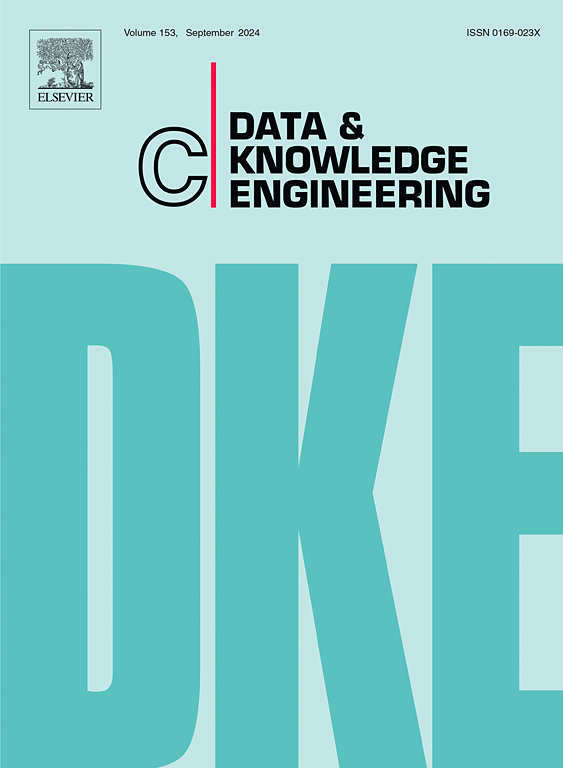Ethical reasoning methods for ICT: What they are and when to use them
IF 2.7
3区 计算机科学
Q3 COMPUTER SCIENCE, ARTIFICIAL INTELLIGENCE
引用次数: 0
Abstract
Information and communication technology (ICT) brings about numerous advantages across various domains of our lives. However, alongside these benefits, there is a growing awareness of its potential negative ethical, social, and environmental impacts. Consequently, stakeholders ranging from conceptual modellers to policy makers often find themselves grappling with ethical considerations stemming from ICT engineering and usage. This paper presents a review of 10 ethical reasoning methods suitable for the ICT domain. We have employed a method engineering technique to author metamodels for the methods, which were subsequently subjected to validation by experts proficient in the respective methods. Following a situational method engineering approach, we have also characterised each ethical reasoning method and validated the characterisation with the experts. This has allowed us to develop a tool that helps select the method that is most suitable for a given ethical reasoning situation. Furthermore, we deliberate on the practical application of ethical reasoning methods within conceptual modelling contexts. We are confident that we have laid the groundwork for further research into ethical reasoning of ICT, with a specific emphasis on its role during conceptual modelling.
信息和传播技术的伦理推理方法:它们是什么以及何时使用
信息与传播技术(ICT)为我们生活的各个领域带来了诸多好处。然而,在带来这些好处的同时,人们也越来越意识到它可能对伦理、社会和环境造成负面影响。因此,从概念模型设计者到政策制定者等利益相关者经常会发现自己正在努力解决信息与传播技术工程和使用过程中产生的伦理问题。本文综述了 10 种适合 ICT 领域的伦理推理方法。我们采用方法工程技术为这些方法创建元模型,随后由精通相关方法的专家对这些元模型进行验证。按照情境方法工程方法,我们还对每种伦理推理方法进行了特征描述,并与专家一起对特征描述进行了验证。这使我们能够开发一种工具,帮助选择最适合特定伦理推理情境的方法。此外,我们还讨论了伦理推理方法在概念建模中的实际应用。我们相信,我们已经为进一步研究信息与传播技术的伦理推理奠定了基础,并特别强调了伦理推理在概念建模过程中的作用。
本文章由计算机程序翻译,如有差异,请以英文原文为准。
求助全文
约1分钟内获得全文
求助全文
来源期刊

Data & Knowledge Engineering
工程技术-计算机:人工智能
CiteScore
5.00
自引率
0.00%
发文量
66
审稿时长
6 months
期刊介绍:
Data & Knowledge Engineering (DKE) stimulates the exchange of ideas and interaction between these two related fields of interest. DKE reaches a world-wide audience of researchers, designers, managers and users. The major aim of the journal is to identify, investigate and analyze the underlying principles in the design and effective use of these systems.
 求助内容:
求助内容: 应助结果提醒方式:
应助结果提醒方式:


